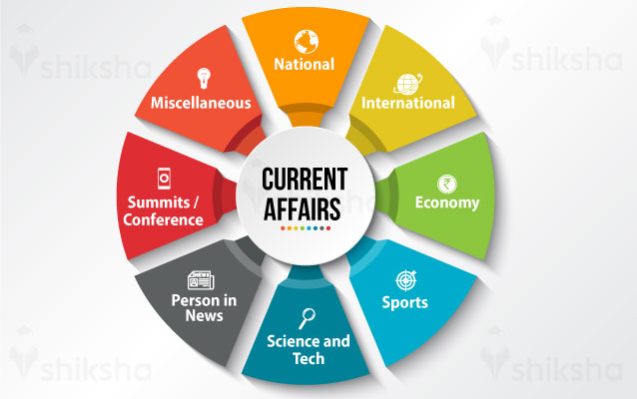Blog
Autonomy of a woman to abort and the Legislative Framework
- October 17, 2023
- Posted by: Sushil Pandey
- Category: Current Affairs Daily Blogs Daily News Analysis Free Resources

Syllabus: GS 2/Polity and Governance
In News
The Supreme Court is hearing a married woman’s request to end her 26-week pregnancy.
The case has travelled to two different Benches of the SC, raising crucial questions on the decisional autonomy of a woman to abort, and the legislative framework.
Laws on abortion in India : Evolution
Before the enactment of the MTP Act in 1971, the medical termination of pregnancy was governed by the Indian Penal Code (IPC)
In 1971, the MTP Act was enacted by Parliament as a “health” measure, “humanitarian” measure and “eugenic” measure, to decriminalise abortion in certain defined circumstances and under due supervision of registered medical practitioners.
Need for Amendments : The 1971 law failed to meet the needs of the changing times and advancements in medical science as several women, including rape survivors, mentally incapacitated and women undergoing unwanted pregnancies due to contraceptive failures, started approaching courts to seek approval for terminating their pregnancy beyond the prescribed gestational period of 20 weeks.
MTP (Amendment) Act, 2021: It had introduced a key change in Section 3 by extending the upper limit for termination of pregnancy from 20 to 24 weeks.
It allows termination of pregnancy in three stages.
Termination of pregnancy up to 20 weeks is allowed on the advice of one doctor.
If a pregnancy is 20-24 weeks, the right to seek abortion is determined by two registered medical practitioners as an exception, but only under certain categories.
After 24 weeks, a medical board must be set up in “approved facilities”, which may “allow or deny termination of pregnancy” only if there is substantial foetal abnormality.
Section 416 of CrPC also provides for postponement of the death sentence awarded to a pregnant woman.
Court’s observations
The landmark 1973 US Supreme Court verdict in Roe v Wade that made abortion a constitutional right allows abortion up to the point of foetal viability, that is, the time after which a foetus can survive outside the womb.
Foetal viability in 1973 was pegged at 28 weeks (7 months), which is now with scientific advancement lower at 23-24 weeks.
In 2005, Rajasthan High Court in Nand Kishore Sharma versus Union of India rejected a challenge to the constitutional validity of the MTP Act on the grounds that it violates the fundamental right to life of an unborn child.
In 2022,The Supreme Court ruled that single and unmarried women with pregnancies between 20 and 24 weeks are entitled to access the same safe and legal abortion care as married women
There are also instances in which courts have overruled the decision of the medical board to allow termination.
Government’s Stand
The Union of India stepped in to emphasise that reproductive rights are subject to a legal regime and that a mother’s right cannot be allowed an absolute march over an unborn child’s right to life when the State was obligated and willing to provide all possible medical, psychological and social assistance, including adoption.
Challenges
In India, besides patriarchal mindsets and social stigma, unmarried and single women face greater hurdles in exercising a right over their bodies, thus leading to higher risks and complications.
Many women are forced to go to quacks when there are unwanted pregnancies.
unsafe abortions are a leading cause of maternal mortality.
The National Family Health Survey 5 (2019) pegs spousal violence (physical and sexual) faced by women in the age group 18-49 years at 29.3%.
The Indian legal framework on reproductive rights tilts to the side of the woman’s autonomy to decide and choose more than towards the rights of the unborn child.
Suggestions and Way Forward
We must also think of the rights of the unborn child. Women’s autonomy is important of course.
Women’s has a right under Article 21…but equally, we must be conscious of the fact that whatever is done will affect the right of the unborn child
As much as the court respected the woman’s right to reproductive autonomy, it could not be oblivious to the rights of her unborn child.
There is no doubt that our law is far ahead of other countries. We will not have a Roe versus Wade situation here.
